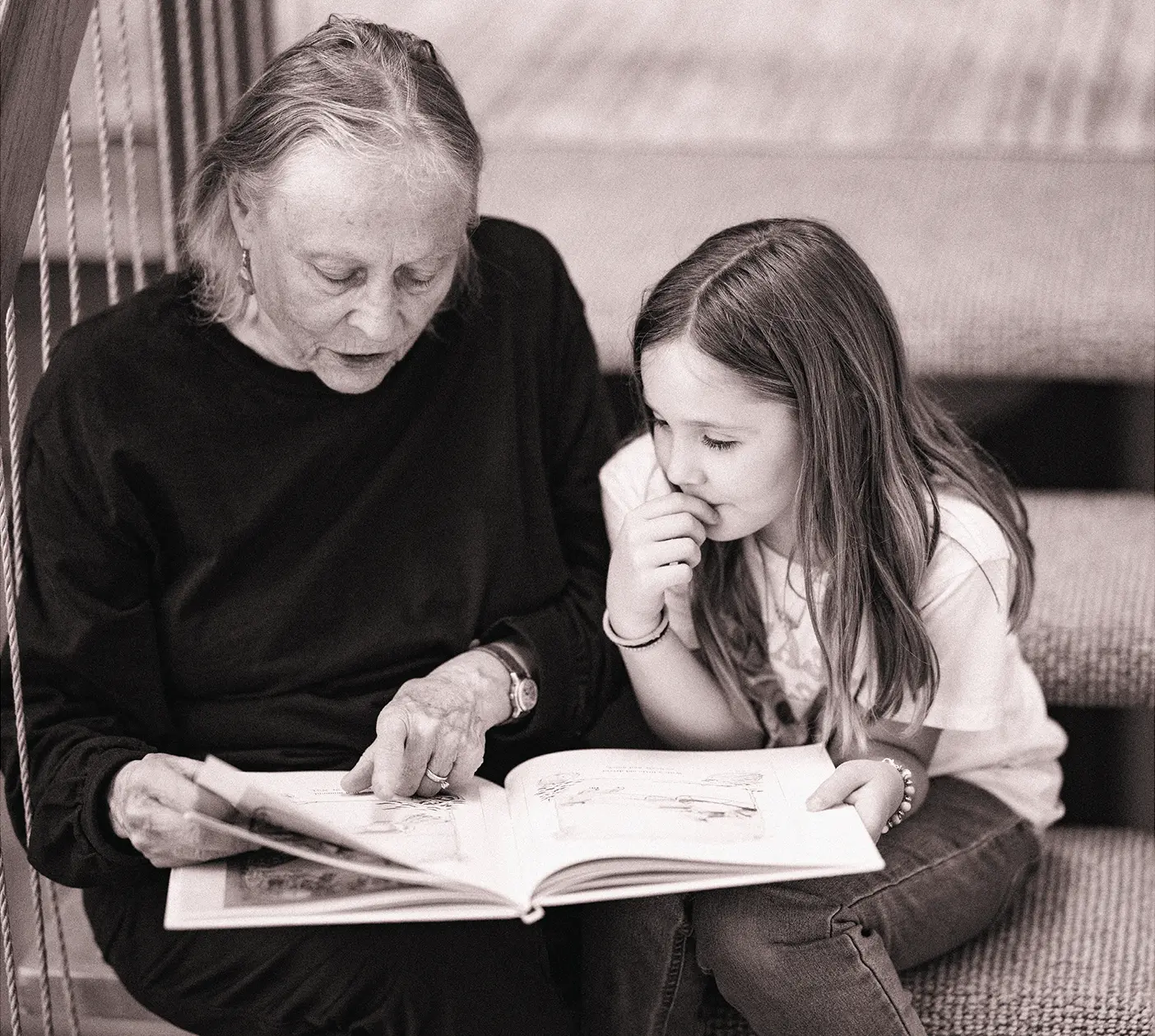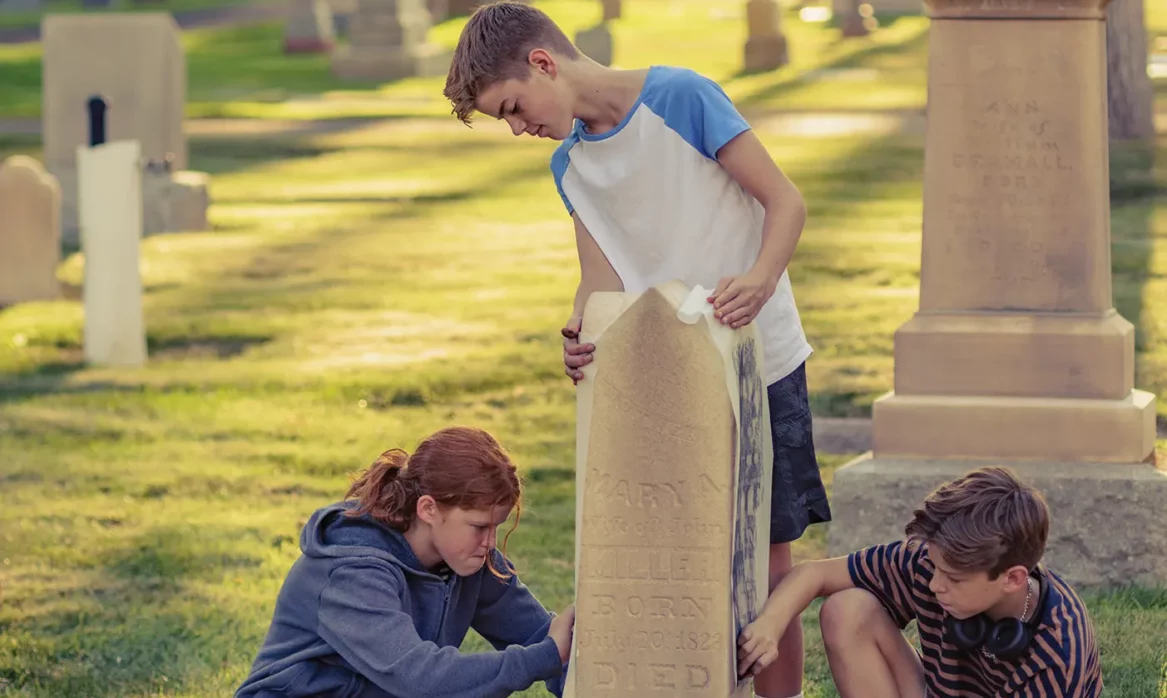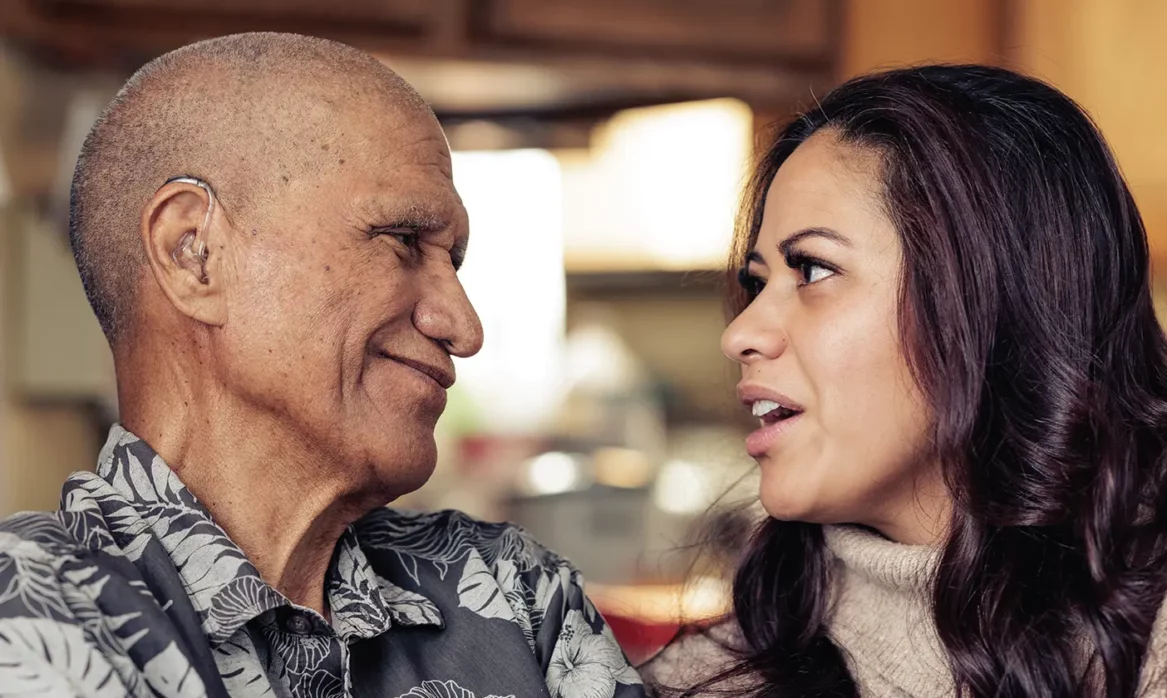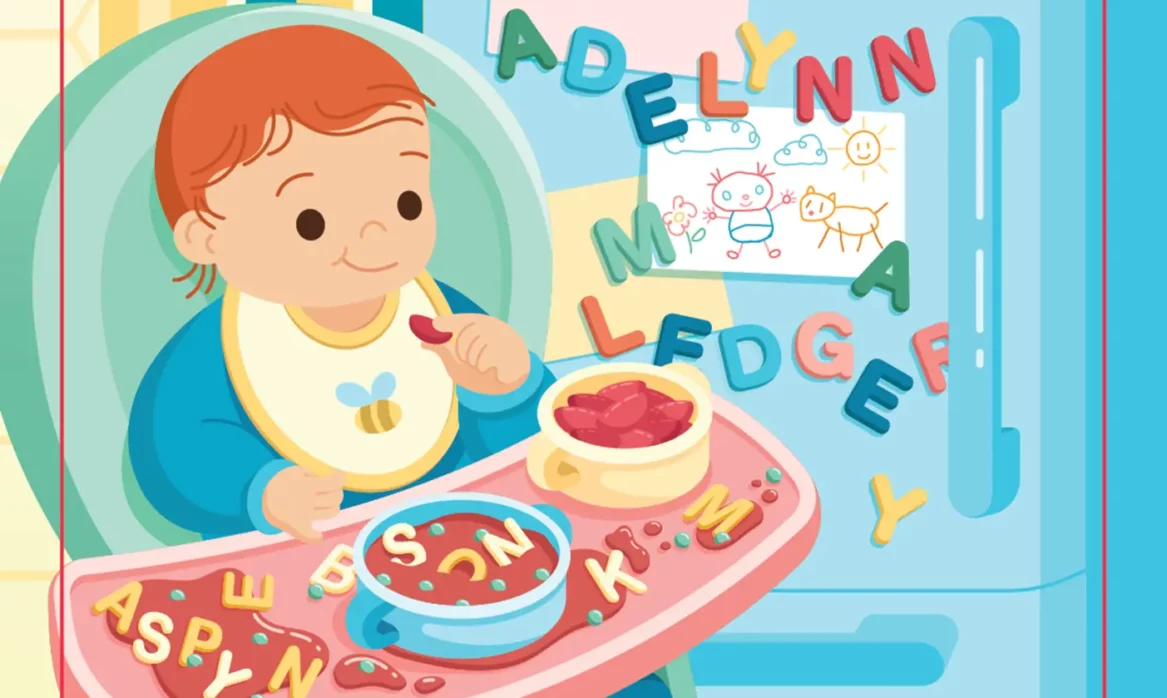Basements are open space—and a way to show love.

After my husband and I bought our first home three years ago, we discovered that the pipe leading away from the kitchen sink had completely rotted away. Everything going down the sink was pooling in the crawl space. It smelled awful and had spawned hundreds of gnats and grasshoppers. My husband squeezed into the crawl space through a trapdoor in our son’s bedroom and used a hand trowel to dig a passage to the kitchen big enough for my dad to get through with his tools.
Then, using an old boogie board we found in the attic to cross the putrid swamp underneath the house, my brave dad replaced the rotten pipe. After thanking my dad profusely for doing something few professional plumbers would be willing to do, he gave me some advice: “Next time you buy an old house, buy one with a basement.”
My dad meant that a basement makes replacing broken pipes easier, but there’s more to it. Beyond easy access for home repairs, basements also make it easier for us to help others. They give us space to open our homes to those we love, whether for a weekend or a decade. We’ve all heard people disparaged for living in their parents’ basements. But I come from a family of basement dwellers, and I take issue with this.
As a kid, my mom lived in her grandparents’ basement for four years. Her older brother slept in a sleeping bag behind the couch— they all fondly referred to this little nest as “the hermit crab.” My family and I lived in my own grandparents’ basement when I was an early teen, and I have many fond memories there. A few cute boys would come over on weekends and sit in our kitchen window well while they waited for me to finish dinner and come out for games on the street. It was funny to everyone but me. I’d always shut the blinds on them.
The best part of basement living was developing a closer relationship with my family upstairs.
In the winter there was no place in the basement apartment to put all the winter gear for six people, so my dad constructed a floor-to-ceiling coat rack that stood like a Christmas tree in front of an old coal stove. In a shocking game of hide-and-seek, my 6’4″ dad won by hiding in the middle of the coats and tucking his feet into his own steel-toed boots at the bottom of the rack.
The best part of living in the basement, though, was developing a closer relationship with my grandparents and aunt who lived upstairs. I’d often run up in the morning to eat a hot breakfast with them or come up in the evening to ask my aunt (who was a college professor) for homework help. Piano lessons were held upstairs at 6 a.m., and though I know it was probably a rude awakening for my grandparents, my grandma always told me how much she loved to hear me play. I was beyond lucky to live with them.
Years later, my husband and I were looking for a place to start our married life in Provo. I’d given up scholarships at another university to transfer to BYU, and I was feeling very stressed about money. Then a great aunt and uncle offered to house us in their basement apartment for free— even though I barely knew them. It was a miracle! We lived in that beautiful home for three years, and it gave us not only a chance to save our meager student funds, but it also left us with an immense well of gratitude and a desire to pay it forward.
Our basement experience reminds me of Deut. 6:11, “And houses full of all good things, which thou filledst not, and wells digged, which thou diggedst not.” We’re doing our best to dig wells and share good things with others.
Next time we buy an old house, as my wise dad counseled, we hope to buy one with a basement.

Jordan Wright loves date nights, audiobooks, and hiking with her kids. She lives in Columbus, Ohio.
Share a Family Story
In Letters from Home Y Magazine publishes essays by alumni about family-life experiences—as parents, spouses, grandparents, children. Essays should be 700 words and written in first-person voice. Y Magazine will pay $350 for essays published in Letters from Home. Send submissions to lettersfromhome@byu.edu.












